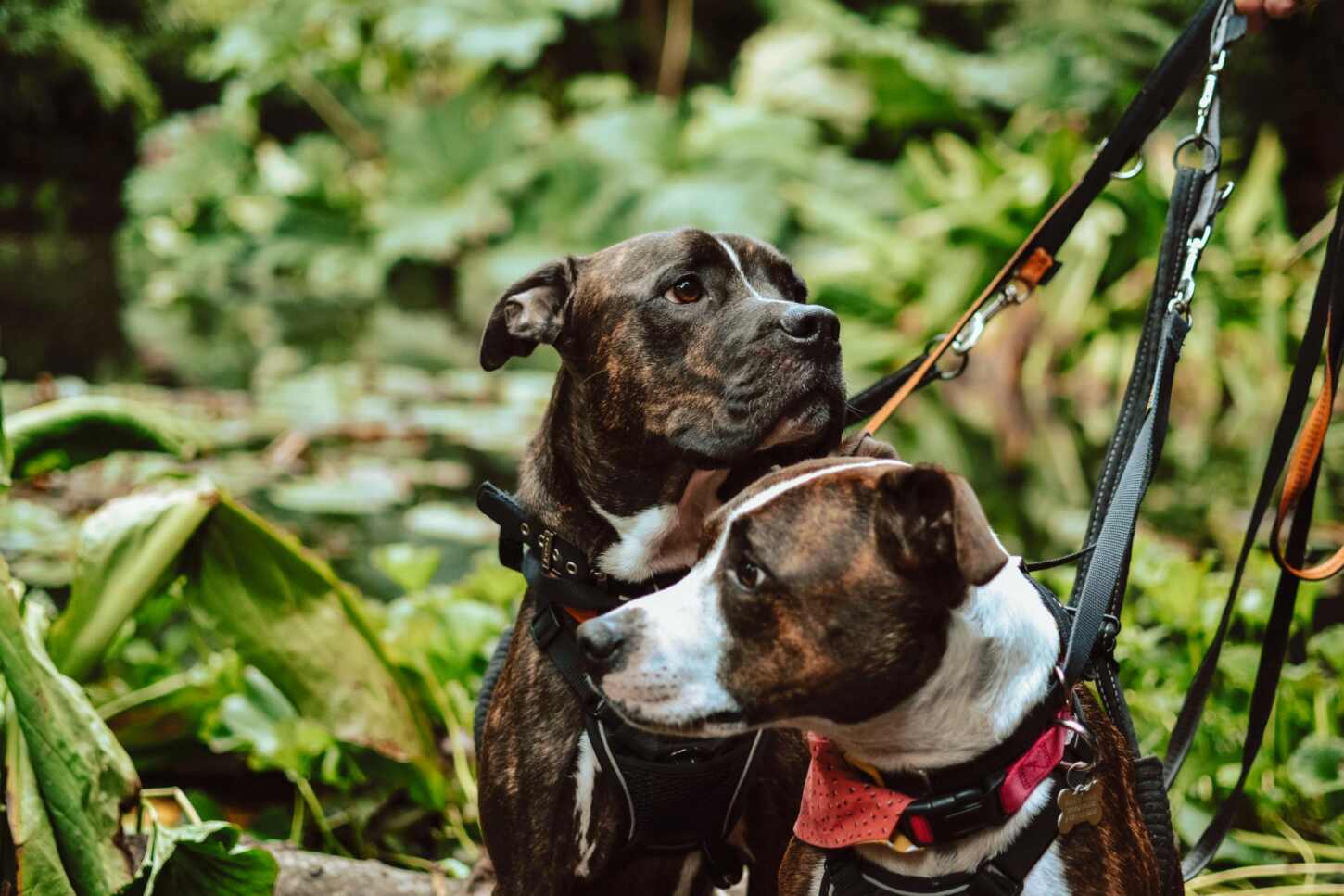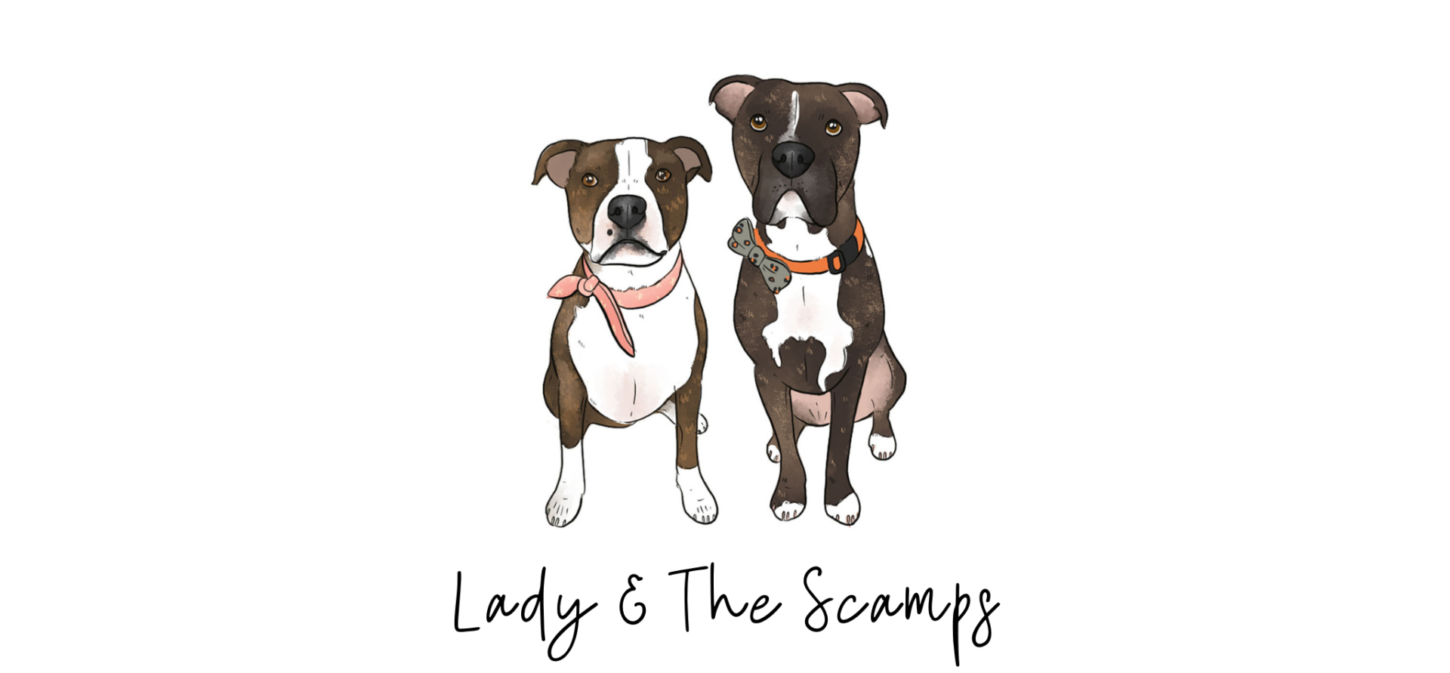We love a staycation with The Scamps, from Whitby to Newquay – and a new study has shown that our dogs love it as much as we do!
My parents have never been too keen on holidays abroad – frankly, because we wouldn’t be able to take the dogs. As such, we annually book a dog friendly caravan so our bundles of fluff and energy can enjoy a holiday with us.
New research from Park Leisure revealed that on holiday, a dog’s heart rate increases by 51% on average – and up to 74% when on the beach. So does that mean a UK holiday could help your dog beat the lockdown blues, and ease stress and anxiety?
Park Leisure conducted a study alongside leading canine expert Nick Benger – who stars on the Amazon Prime show ‘The Pack’ – using heart rate monitoring tech to see if having a holiday home is beneficial for our pups.
Nick said: “For dogs, getting away and appreciating new scents and experiences can reduce stress and strengthen their relationship with their owners. It’s also extremely important that puppies (especially lockdown puppies) are exposed to different situations, people and dogs – holidaying with your pet is a great way to do that. As for older dogs, a change in environment is a great chance to improve their training in a neutral space without the baggage of past learning at home.”
After establishing an average resting heart rate for the dogs using a pulse monitor, researchers then tracked their heart rates during a visit to Park Leisure holiday home park, to reveal exactly how a break in an idyllic beauty spot affected them.
As the dog’s heart rate rose, their excitement levels also increased. Here are the six things our dogs love about holidays.
1. Being on the beach

By far the biggest draw for the pooches, a trip to the beach certainly got their tails wagging, raising the dogs’ pulses by a huge 74%. Combining the excitement of a wide-open space, the unpredictable waves, and an unfamiliar landscape, the beach offers a multitude of stimuli for canines.
Nick commented: “The beach is such a fantastic place to walk your dog. They can run in the open space of the beach and enjoy the different texture of the sand or the sea which gets some dogs so excited. The beach brings with it a whole new array of smells, which dogs love to spend time exploring. I’ve never met a dog that didn’t love the beach!”
Phoebe loves to dig on the beach – as well as bark at the seagulls. Frank is a big fan of waiting for someone to drop a chip, trampling sandcastles, and watching people play football.
2. Paddling in the sea
Having a splash in the sea was a close second when it came to getting the pooches excited. Getting wet and padding in the water increased heart rates by 62% suggesting once again a completely new experience will arouse a dog’s interest.
Staffy’s aren’t really built for swimming, but they do enjoy a little walk in the shallow waves!

3. A country walk
Getting out in the fresh air also proved to be a favourite. While it’s well known that going for a walk is always a popular activity for pups, a new walk in the countryside raised heart rates more (58%) than a regular walk at home (45%), suggesting that being out in nature is beneficial to our furry friends.
Last year, we took Phoebe and Frank to the Lost Garden’s of Heligan, which offered a whole host of new sights and smells – from the ‘jungle’ to wide open fields. This year, we’re hoping to walk them along the camel trail from Newquay to Padstow.

4. Playing fetch in a field
Playing fetch with the dogs served to raise their heart rates by 57% on average. Exercise is essential to a dog’s well-being and playing fetch, or any similar running game, is an ideal way for a pooch to blow off some steam and have fun.
Our goal this year is to nail recall with Phoebe and Frank, and so, freedom fields are going to be our best friend. We’ve also spotted one nearby our usual campsite which we are looking to book in 2021.
5. Arriving at a holiday home
The anticipation of arriving at a new destination had a huge effect on the dogs, as exiting the car and entering the holiday home saw an average increase of 39%. A chance for a pooch to explore a new location and get to grips with their new space is very exciting for them.
Phoebe is a dog that never forgets, and the second we pull into the familiar gates, she’s up at the window and knows exactly where she is.
6. Relaxing by the fire
A much more relaxing activity, sitting by the fire increased the resting heart rate by 11%. While a very calming activity, being cosy by the fire with their owner creates a sense of pleasure and contentment in dogs.
If the fire is on in our holiday home, you’ll find Phoebe and Frank scrambling to be the closest!

Nick’s top tips on how to tell if your dog is enjoying its holiday are:
- For older, more relaxed dogs they may seem more contented and spend more time sleeping by the fire, like a person might visit a spa to destress.
- Young and excitable dogs can become bouncier and fuller of energy and excitement at the prospect of different walks and adventures.
- No matter what your dog’s energy levels are, loose relaxed muscles and a wagging tail are good indicators that your dog is enjoying their holiday.
Lisa Williams, director of marketing and holiday sales at Park Leisure, says, “So many of our holiday homeowners and visitors have told us how much their furry friends love staying at our parks, so it’s really interesting to see the data to back it up.
“The results show how different holiday activities excite our pooches, whether at the beach or enjoying our stunning countryside. Pets aren’t so different from us really, and most of the benefits we get from taking a staycation are just as helpful for our pups, whether the fresh country air or fresh sea breeze, the chance to switch off and relax, or just the change of scenery.
“There are so many reasons to treat yourself to trips away regularly and now our study proves that your dog will love it just as much as you do!”
Are you taking your dog on holiday this year?
